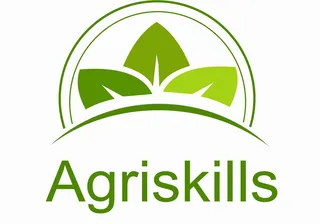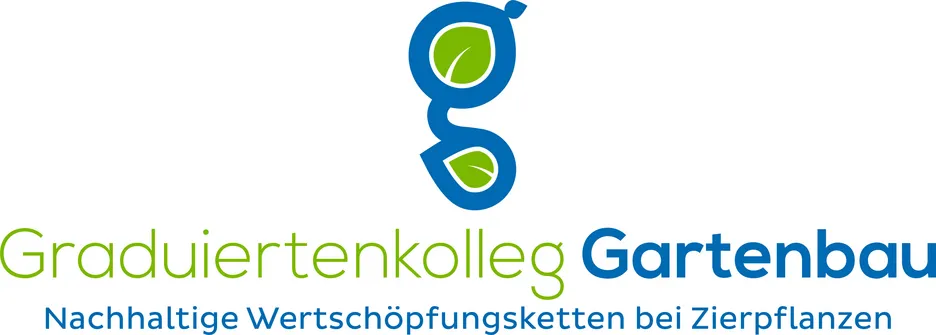Farm Succession - Opportunities and Challenges
Family-run farms make up the majority of agricultural businesses in Germany. Succession continues to be a major challenge for these farms, which has proven increasingly problematic over the past decades. The number of family-run agricultural businesses in Germany continues to decline. This phenomenon and the resulting transformation of agriculture are therefore also of interest to research in agricultural economics. The project Farm Succession - Opportunities and Challenges aims to trace the perspectives of farmers and their families in the context of farm succession and to follow in detail how this process is assessed by the people involved. The researchers Sarah Köksal and Clara Wagner want to shed light on how farming families deal with the changes associated with farm succession and how they cope with the process.
Project Leader: C. Wagner (Technical University of Munich, Germany)
Community Supported Agriculture (CSA) in Germany (in German, Solidarische Landwirtschaft – SoLaWi)
Alternative food networks (AFNs) are exchange arrangements created in reaction to criticisms of conventional food systems. Criticisms generally focus on what participants (both producers and consumers) see as socially, economically and ecologically unsustainable and inequitable practices and outcomes of the dominant food system model. Such initiatives include cooperative groceries, urban agriculture projects, community gardens and community-supported agriculture (CSA). CSA is a concept that takes various forms, depending on the economic, political, social environment in which CSA projects are embedded; thus, country- and region-specific conditions influence the time and rate of diffusion of the concept, as well as the internal rules and formal legal forms they adopt. CSA in Germany, is a relatively young phenomenon, as compared to other countries in the global north (e.g. USA, France and Italy). Following the successful establishment of individual CSAs in Germany, a network aimed at coordination and information exchange amongst existing CSAs in Germany, as well as support for development of the concept into a larger social movement was founded. As part of the network founding process, a Germany-specific term for CSA – solidarische Landwirtschaft (English: solidarity agriculture) - was created that sought to embody some of the key features network founders wished to emphasize and support. A grounded theory approach is used to examine the development of this movement in Germany, the importance of and enactment of the concept of solidarity in both individual CSAs and the network of CSAs, and the potential the movement has to generate system-wide changes that address not just the symptoms, but also the systemic causes of the problems leading to the criticisms described above.
Project Leader: L. Carlson (Technical University of Munich, Germany)
Preferences for sustainable apples in Germany and New Zealand
The societal preference for regional food production and beliefs about low food miles lead to questions on consumers’ perceptions of sustainability versus the reality of carbon footprints. The project aims to investigate the importance of product attributes relevant to consumers when buying fresh, sustainable apples. The goal is to understand the trade-offs that New Zealand’s and German consumers make among product attributes when purchasing sustainable apples. Comparing both countries is particularly interesting, because some of the same companies are active in both countries, and New Zealand apples fill seasonal gaps in the substantial German apple market, when German fruits are not available.
Project Leaders: V. Bitsch (Technical University of Munich, Germany), M. Rombach and D.L. Dean (Lincoln University, New Zealand)
AgriSkills: Innovative Skills Transfer for the Development of Agricultural Entrepreneurs

Project no: 2018-1-DE02-KA204-005173
The Erasmus-Project AgriSkills intended to develop and improve the level of key competencies and skills of young adults with precarious conditions from rural areas, in order to help them develop their own businesses. Additional goals were supporting workforce reintegration of the unemployed and - in some partner countries – inmates in correctional facilities.
In addition to skills directly related to agriculture; ICT skills, foreign language, and social skills were delivered to the target groups. Also, as entrepreneurship is known to be a major factor in workforce occupancy and social integration, this project was provided target groups with entrepreneurial skills training as well.
The following partners participated in the project:
- CPIP-COMUNITATEA PENTRU INVATAREA PERMANENTA; Romania
- FORMACION PARA EL DESARROLLO E INSERCION, SOCIEDAD LIMITADA; Spain
- STOWARZYSZENIE ARID; Poland
- New Edu,n.o.; Slovakia
- CANAKKALE ONSEKIZ MART UNIVERSITESI; Turkey
Project duration: September 2018 - August 2021
UGAIN: Urban GArdens for the social INtegration of migrants

UGAIN, an Erasmus+ project within the framework of the Strategic Partnerships, was approved as of 24.07.2017 and realised from December 2017 to May 2020. Partners from Germany, Sweden, Austria, Great Britain and Spain participated.
EMWOFA: Empowering Woman Farmers With Agricultural Business Management Training

EMWOFA, an Erasmus Erasmus+ project within the framework of the Strategic Partnerships started on 01.10.2015 and had a duration of two years. Partners from Turkey, USA and Spain were involved.
FARM_SUCCESS: Training FARMers for sustainable SUCCESSion processes

The granted Erasmus+ project in the framework of the Strategic Partnerships started in October 2015 and had a duration of three years.
Graduiertenkolleg: sustainable value chains of ornamental plants

The research group "sustainable value chains of ornamental plants" is funded by the Bavarian State Ministry for Science and Art.
For her dissertation, Ms. Nirit Havardi-Burger (M.Sc.) is taking part in the project and is working on the research topic "sustainability indicators along the value chain of flowering potted plants". The PhD is cooperation between TUM and HSWT and is supervised by Prof. Dr. Vera Bitsch on the TUM side, and by Prof. Dr. Heike Mempel on the HSWT side.